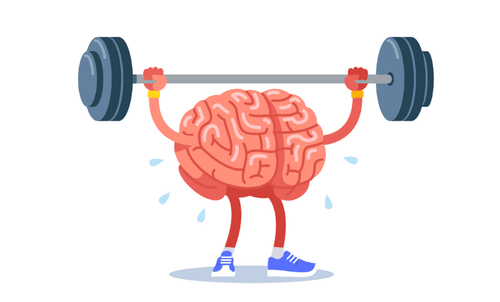This is an automatically translated article.
Empathy is a collection of emotional states, including caring and wanting to help others, sharing joys and sorrows. In order to have empathy, we must learn to understand others. Imitating emotions is one way to create empathy.
1. What is empathy?
Empathy is understanding and feeling what another person is going through, putting yourself in that person's shoes to understand that person better.
Empathy shared in life makes life happier.
2. What makes us empathize with others?
You cannot empathize with a person without understanding that person. Indeed, what makes us empathize with others? What makes us feel emotions such as joy, sadness, pain that other people feel? Researchers have discovered the brain mechanism that governs empathy.
3. Imitation of emotions creates empathy
Using an advanced imaging technique, researchers found that acts of mimicking someone else's emotions activate the brain's emotional centers more than observing people's facial expressions there.
This activity takes place in the insula, the lobe that makes up the source of emotion and empathy. The researchers identified this as the key to translating the imitation of others' emotions into one's own.
The researchers conducted 11 men and women with predefined exercises. Each study participant was shown randomly ordered sets of images of six emotions - happy, sad, angry, surprised, disgusted, and scared. Study participants were asked to imitate and induce similar emotions - or simply observe.
At the same time, researchers are monitoring their brain activity using MRI - a tomographic scanning technique that shows brain activity while it's happening. They found that mimicking emotions creates facial expressions.

Bắt chước cảm xúc của người khác khiến trung tâm não bộ kích hoạt cảm xúc
4. Benefits of Imitating Empathy Creates Empathy
Researchers have found reflexive facial expressions prompt our brains to heighten our empathy for the emotions of others. Understanding the mechanism of empathy that explains the empathy chain in humans, and moves us closer to identifying ways to better manage our emotions and recover from trauma. brain damage, disease and age.
Research of empathetic empathetic mimicry is related to the inability to imitate or experience empathy in people with autism.
Please dial HOTLINE for more information or register for an appointment HERE. Download MyVinmec app to make appointments faster and to manage your bookings easily.
Reference source: webmd.com












